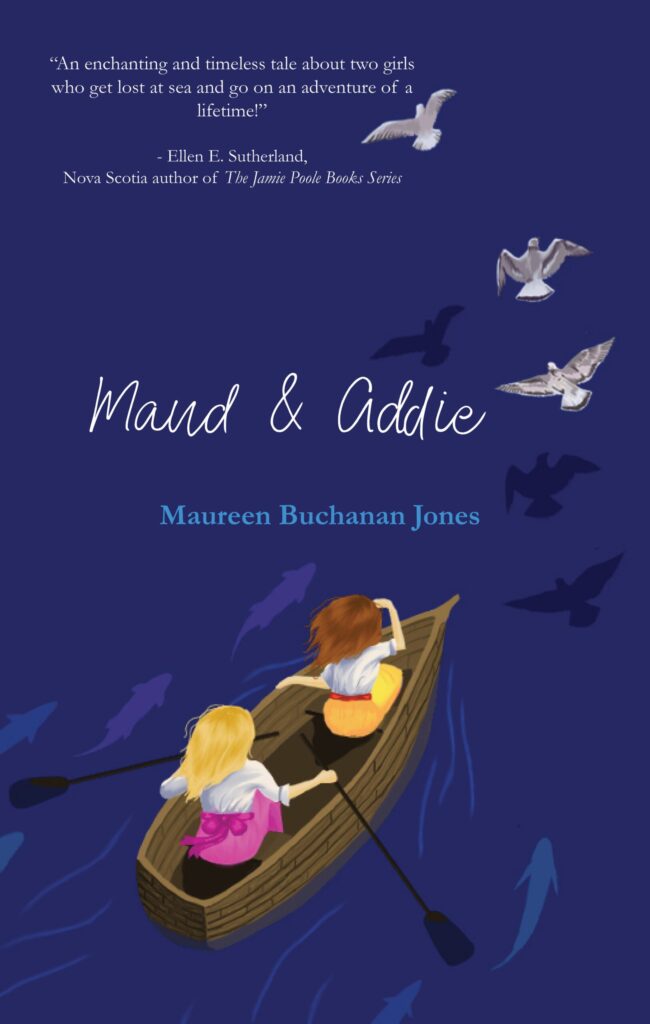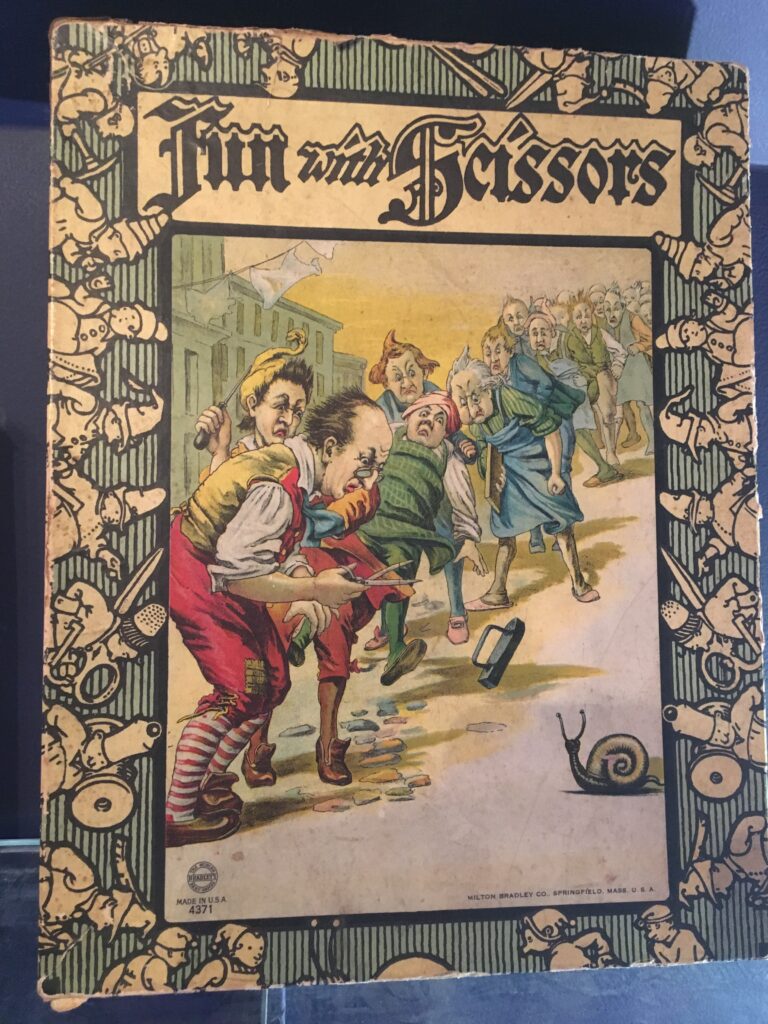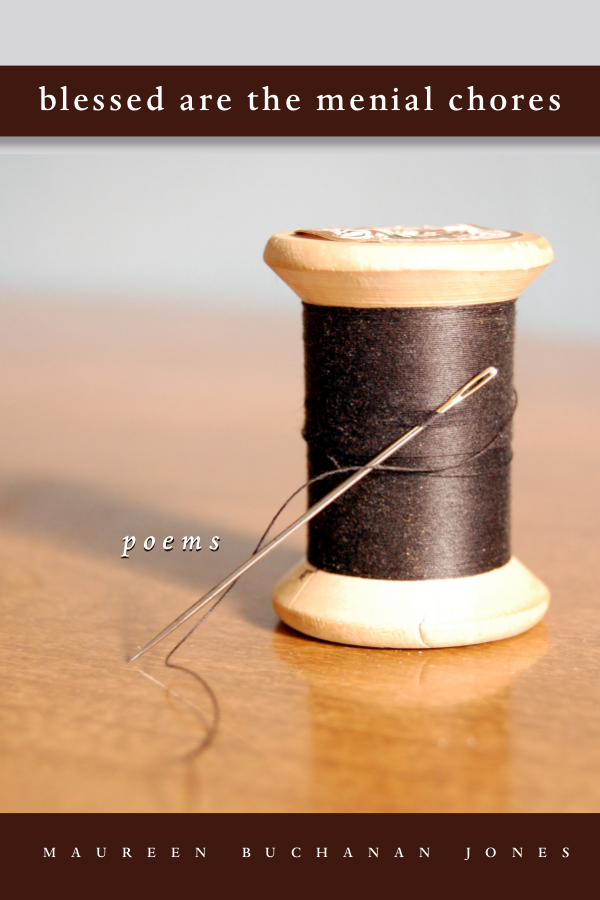On October 3, 2021, I was invited to speak at the end of the Amherst Writers & Artists Professional Development Retreat. Specifically, I was asked to talk about an addition to the essential practices that constitute the AWA Method. Not only do I use this method carefully in every workshop and retreat I lead, I also am the AWA Training Director, teaching people how to use this method as workshop leaders. The addition to the method is one that emerged over the decades that I have been practicing and teaching: the quality of listening.
I can say, without hyperbole that this particular element of the AWA Method has taught me to be more present, more attentive, more receptive, and more compassionate. Here are my remarks on what I mean by listening in an AWA workshop.
While teaching people The Method through more than 50 training sessions, I came to realize that embedded in the five essential practices of the AWA Method is a particular and unique way of listening. This quality of listening should be noticed, examined and emphasized.
Before I do that, I want to tell you that last year, in 2020, I thought the birds around my house sounded louder and their songs were longer. I didn’t really know what I was hearing, but I knew their voices sounded different. I thought maybe it was because I had time to notice their songs in a way I hadn’t before. I did some research. What I learned was that I was wrong and I was right. Around the globe, as human noise diminished, birds didn’t have to shout over our traffic, yard machines, and crowd noise. They could communicate with each other more quietly. Sparrow songs were 27 percent softer. The songs also had more frequency changes, making their communication more effective. Their bandwidth traveled twice as far as it had before. This increase in bandwidth and the changes in the songs themselves improved mating possibilities and sharing information about predators and resources. And because the birds were singing more effectively, I along with other humans could hear the birds four times better and recognize the wider variations in their songs. As Steven Lovatt, in his book Birdsong in a Time of Silence, says, “Finally, the Earth could hear itself think, and the voice of its thought was birdsong.”
In an AWA workshop, we ask ourselves and each other to quiet our inner traffic noise, our busy scattered attention. We calm and still our inner satellite dish, focus it on one voice, and allow ourselves to be receptive to that voice. We witness the writing.
One of the primary needs of every human being is too know they have been heard. All of us who experience the AWA Method, whether after we have shared our own writing or are responding to someone else’s, know the profound feeling of comfort, satisfaction, connection and healing that comes with knowing that what we have expressed has been fully received. Listening is as fundamental to the success of the method as not assuming that the writing is about the writer.
The way we listen in an AWA workshop is unusual. When we listen to others at work or when talking with neighbors, friends or family we often aren’t fully listening. We are hearing, which, on its most clinical level, is accidental, involuntary, passive and involves a basic connection between our ears and our brains. Even in a conversation, we might only be hearing the other person because we are distracted or taking in information for the purpose of providing an answer.
The act of listening, however, is focused, voluntary, intentional, and involves the mind and the body. It involves concentration and an effort to understand meaning. We listen to learn and comprehend.
But in an AWA workshop, our listening goes further and deeper. We are required to practice a different quality of listening. When we listen to someone’s writing, we need to adjust our inner alignment to accept what is being given and accept it at its own value.
We need to adopt the “Willing suspension of disbelief,” a phrase created by Samuel Taylor Coleridge in the late 1800s. What he means by his phrase is the act of letting go of our internal noise and critics. When we enter a theater or even turn on the television, we suspend our own lives and live within the created universe of the story on stage. That is the beginning of how we listen in an AWA workshop.
We listen openly, without assumptions, expectations or judgment. We also listen by leaving ourselves behind as we enter the created world of what we are listening to. We don’t attach our experiences to this new experience of the writing. We accept it as it is offered.
We listen for the effect it has on us. We listen for what engages us, what surprises us, what becomes vivid for us. We listen for how the writing is created.
The birdsong phenomenon and Lovatt’s quote are very much about the Sixth Practice that the AWA Board of Directors has voted to add to the AWA Method: The Quality of Listening.
From the writer’s point of view, their experience should be exactly that described in this poem by John Fox, founder of the Institute for Poetic Medicine
When Someone Deeply Listens to You
When someone deeply listens to you
it is like holding out a dented cup
you’ve had since childhood
and watching it fill with
cold, fresh water.
When it balances on top of the brim,
you are understood.
When it overflows and touches your skin,
you are loved.
When someone deeply listens to you,
the room where you stay
starts a new life
and the place where you wrote
your first poem
begins to glow in your mind’s eye.
It is as if gold has been discovered!
When someone deeply listens to you,
your bare feet are on the earth
and a beloved land that seemed distant
is now at home within you.
John Fox, Founder of The Institute for Poetic Medicine
I’ll leave you with these the final words that belong to the one who listened to us first:
Now poems fall from your lips like rain,
and I listen, drinking in.
These are lines from the poem “Three Sonnets” by Pat Schneider
Maud & Addie
A small portion of proceeds from this book have been donated to the Mi’kmawey Debert Cultural Centre to honor the original and continuing storytellers of the Mi’kmaq Nation and support the survivors of the Shubenacadie Residential School.

Regal House Publishing: Hard copy & Paperback
iPg Independent Publishing Group: Paperback & Ebook
Prompt Photo



